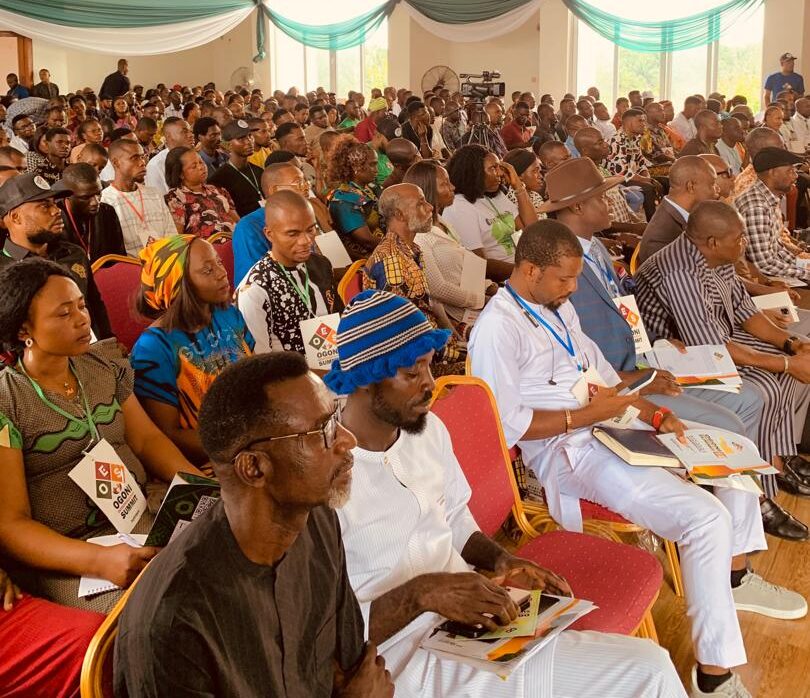A recent survey by the Central Bank of Nigeria (CBN) paints a bleak picture of the financial outlook for Nigerian households in the coming months. The July 2024 Household Expectations Survey reveals that a significant portion of Nigerians are anticipating a substantial increase in their spending on essential needs.
According to the survey, food, education, and transportation are the top three areas where households plan to allocate their income. These essential expenses are expected to consume a significant portion of their budgets, leaving little room for discretionary spending.
In contrast, the survey highlights that Nigerians are cautious about making large purchases, such as houses, cars, and appliances. The indices for these categories are significantly negative, reflecting a clear intent to avoid such expenditures.
The report also reveals that households are planning to draw down on their savings or incur debt to meet their basic expenses. This indicates the growing financial strain faced by many Nigerians, who are struggling to make ends meet in the current economic climate.
The CBN survey further highlights the upward trend in household spending. The spending outlook index has risen in recent months, suggesting that Nigerians are anticipating even higher expenditures in the coming months.
The increasing cost of living, coupled with the ongoing economic challenges, is putting a significant strain on Nigerian households. The government must take urgent steps to address these issues and provide relief to struggling families.
One of the contributing factors to the rising cost of living is the continued depreciation of the naira, Nigeria’s local currency. This has led to an increase in the prices of imported goods, which account for a significant portion of Nigeria’s consumer goods. The government has implemented various measures to stabilize the naira, but the currency remains volatile.
Another factor contributing to the rising cost of living is the ongoing fuel scarcity. The scarcity has led to increased transportation costs, which have been passed on to consumers in the form of higher prices for goods and services. The government has taken steps to address the fuel scarcity, but the situation remains challenging.
The CBN survey also provides insights into the impact of the rising cost of living on households’ financial planning. Many Nigerians are becoming more cautious about their spending and are less likely to invest or save. This is a significant departure from previous years when households were more optimistic about their financial prospects.
The government must take urgent steps to address the underlying causes of the rising cost of living, including the depreciation of the naira and fuel scarcity. This could involve implementing measures to stabilize the currency, increasing domestic production of essential goods, and improving the efficiency of the energy sector.





